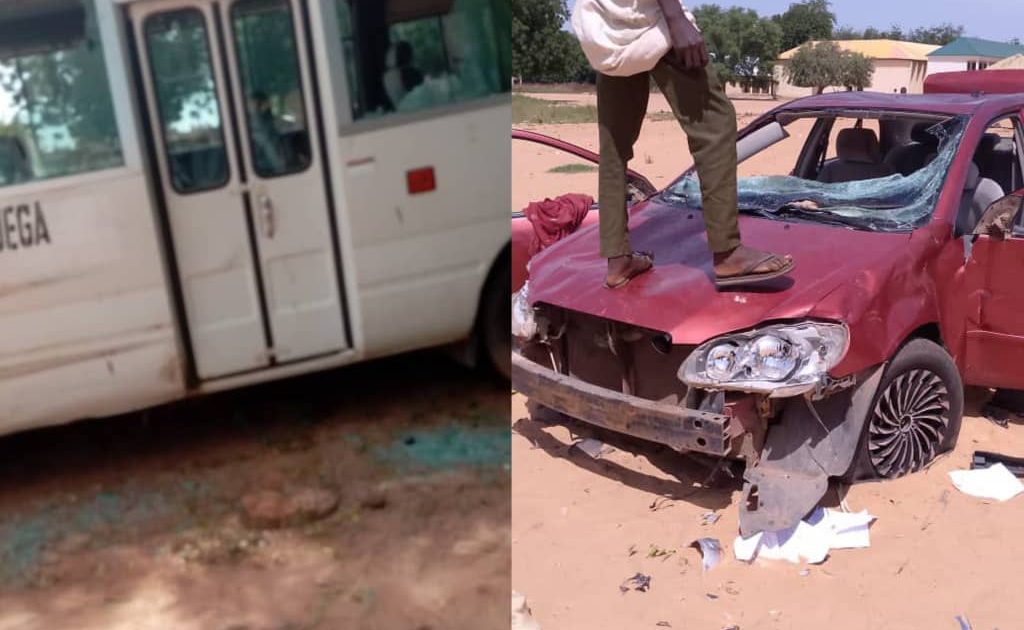On Thursday, the Kebbi State Government officially announced the closure of the College of Health Technology located in Jega. This decisive action was prompted by a student demonstration that escalated to a dangerous level, as disclosed by the Commissioner for Higher Education in the state, Isah Abubakar-Tunga. He warned that permitting the protests to persist could create heightened tensions in the college environment, leading to an uncontrollable situation. In light of these events, he mandated that all students must vacate the premises immediately to ensure safety and control over the unfolding chaos.
The students’ grievances stemmed from a broader discontent with the college conditions, and the situation rapidly turned hostile. Notably, the Provost of the college became the primary target of the students’ anger; they resorted to burning down his house and vandalizing his vehicle. Abubakar-Tunga recounted their visit to the college, where they found only the Registrar present, while the Divisional Police Officer, acting to protect the Provost, had taken him to the police station to prevent a potential lynching by the students. This incident underlined the severity of the unrest and the need for intervention from local authorities to maintain order.
In an attempt to address the situation, the commissioner engaged directly with the student body to facilitate a dialogue aimed at understanding their grievances better. After some negotiation, the students selected ten representatives to articulate their concerns. The key issues raised included the lack of accreditation for several courses offered by the college, which left graduates with state recognition only, rather than the federally recognized national diploma certificates. This accreditation issue was a significant concern for the students, as it affected their qualifications and future employability.
In addition to the accreditation dilemma, students cited poor living conditions on campus, including the absence of toilets, a lack of potable water, unsatisfactory sanitary conditions, and overarching poor leadership within the institution. These complaints painted a troubling picture of the educational environment at the College of Health Technology, which further fueled the students’ frustrations. Abubakar-Tunga acknowledged these issues and promised to establish a committee to investigate the underlying causes of the unrest while assessing the extent of the damage inflicted during the demonstration.
To reinforce order and ensure a structured return to the college, the commissioner announced that the institution would remain closed for a duration of three weeks to a month. This closure is essentially a cooling-off period designed to allow for necessary investigations and discussions to take place. Students will be required to return alongside their parents for their re-admittance; an undertaking will be implemented, where they must pledge good behavior, discipline, and accept financial responsibility for any destruction caused during the unrest.
Abubakar-Tunga’s commitment to addressing these issues, combined with the promise of disciplinary actions against anyone found guilty—students or faculty alike—was met with cautious optimism. By signaling a readiness to investigate and resolve these dire concerns, the state government aims to mitigate further conflict and restore stability within the College of Health Technology. However, the road ahead remains challenging, as both systemic and structural issues within the college will require urgent attention to prevent the recurrence of such disturbing incidents in the future.


